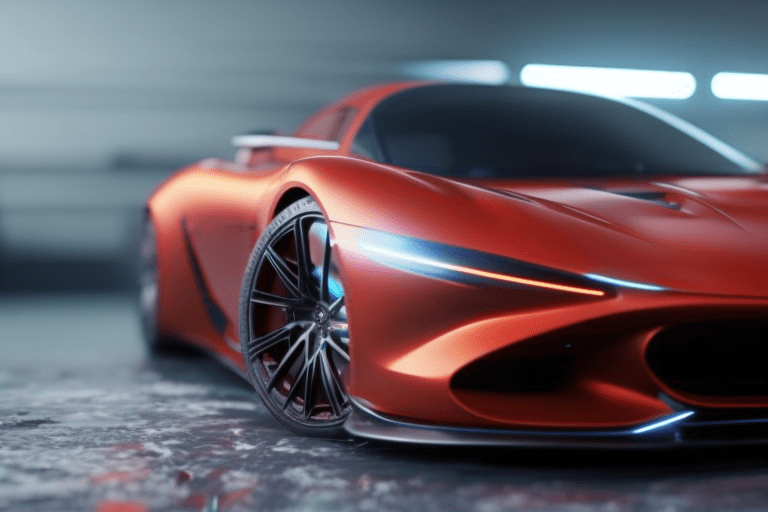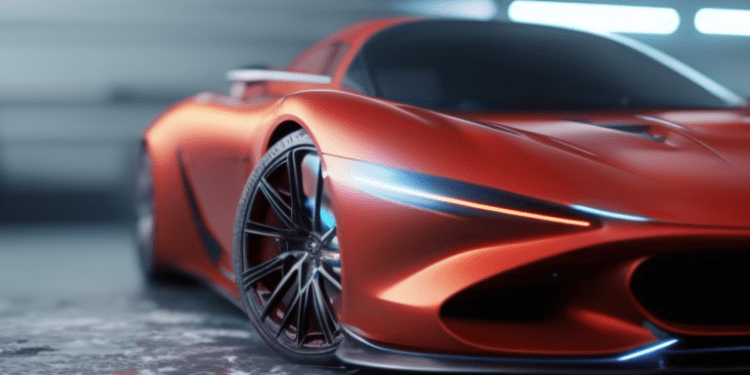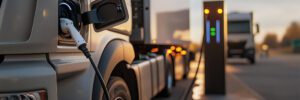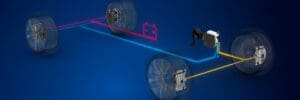Ilika Technologies, a British solid-state battery manufacturer, is leading a 24-month, £8.2-million Faraday Battery Challenge collaboration project. Code-named HISTORY, the project’s focus is on integrating high-silicon-content electrodes into the company’s Goliath solid-state battery in order to enable automotive-level performance.
Ilika will receive a grant of £2.8 million from the project and will partner with Nexeon, a manufacturer of battery materials, HSSMI, a sustainable manufacturing company, and experts from three UK Universities (St Andrews, University College London and Imperial College London), and technology innovation catalyst CPI. BMW Group and WAE Technologies will join the project’s steering committee.
The project will involve Ilika designing and fabricating the SSB cell, while Nexeon will develop a high-silicon-content electrode based on its low-expansion NSP-2 material to be used in the anode. HSSMI will provide an SSB End of Life and Life Cycle Analysis and CPI will formulate inks with the silicon powders. The University of St Andrews will characterize interface and materials interactions, while University College London and Imperial College London will develop a modeling framework that can predict the electro-chemo-mechanical behavior and failure of cells and battery stacks for selected anode materials.
Tony Harper, Challenge Director for the Faraday Battery Challenge, said “Solid state batteries have the potential to revolutionize the way EVs are powered. The consortium Ilika is leading is an outstanding combination of UK capabilities designed to drive forward the development of a multi-layer, solid-state pouch cell to deliver the next big step in the safety and performance of EV batteries.”
The HISTORY project is an ambitious undertaking that could revolutionize the way electric vehicles are powered. Ilika Technologies is leading the charge with its Goliath solid-state battery, which is being integrated with high-silicon-content electrodes to enable automotive-level performance. With the help of its partners, Ilika is hoping to make a major breakthrough in EV battery technology.
FAQ
Q1: Are electric car batteries recyclable?
A1: Yes, electric car batteries are recyclable.
Q2: Are electric car chargers free?
A2: It depends on the charger and the location. Some electric car chargers are free, while others may require a fee.
Q3: Can electric car batteries be rebuilt?
A3: Yes, electric car batteries can be rebuilt with the right tools and knowledge.











